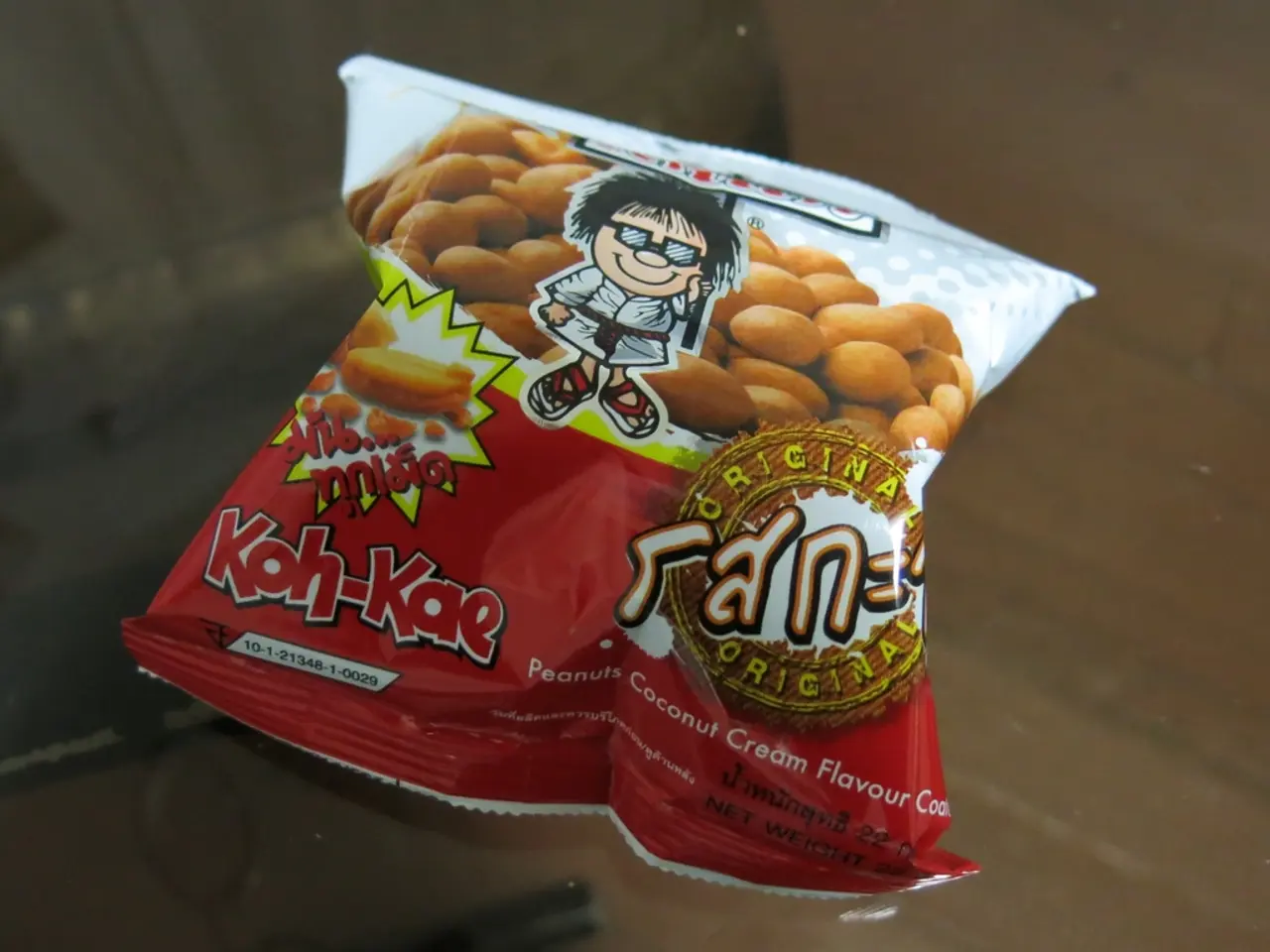Distinguished Recipients Announced for the Ig Nobel Awards: Paintings on Cattle and Reptile Pizza Toppings Among Honorees
The 35th edition of the Ig Nobel Prizes, an annual awards ceremony organised by the science humor magazine Annals of Improbable Research, took place at Boston University just a few weeks before the real Nobel prizes. This year's event was as raucous as ever, celebrating the sillier side of science.
In the realm of chemistry, a US-Israel team won the prize for their research on whether eating Teflon affects calorie intake without making people feel fuller. Their findings, while not exactly revolutionary, certainly raised eyebrows and sparked intrigue.
Meanwhile, the engineering prize was given to two Indian researchers for investigating how foul-smelling shoes affect the user's experience of a shoe-rack. Their work could potentially lead to innovative solutions for a problem that many of us have faced at one time or another.
The physics prize was awarded to European researchers for discoveries about the physics of pasta sauce, specifically avoiding clumpiness in the Italian dish cacio e pepe. Fabrizio Olmeda from the Institute of Science and Technology Austria (ISTA) and his Italian colleagues were honoured for their precise physical research on this popular dish, uncovering the phase behavior and achieving the perfect creamy consistency of the sauce.
In the field of biology, a team of Japanese researchers won for demonstrating that painting zebra stripes on cows decreases the likelihood of fly bites. While it may seem unusual, this research could have practical applications in the farming industry.
The psychology prize was shared by a Polish-Canadian-Australian team for studying the effects of telling a narcissist they are intelligent, and a team from the Netherlands, Germany, and the UK for demonstrating that drinking alcohol, within reason, can help a person speak a foreign language more clearly.
The paediatrics prize was awarded to a US duo for studying what a nursing baby experiences when its mother eats garlic. Their research found that infants actually savour the flavour of garlic, a surprising finding that could potentially impact breastfeeding practices.
The literature prize went to the late US researcher William B. Bean for recording and analyzing the growth of his fingernails over 35 years. His method involved filing a mark on his fingernails and observing their growth, providing fascinating insights into the human body.
The Ig Nobel peace prize was awarded to a team for their research showing that a small dose of alcohol can boost confidence when speaking a foreign language. This research could have significant implications for language learning and public speaking.
In the aviation category, researchers found that alcohol in fermented fruit impairs bats' flying abilities and echolocation. This discovery could help protect these fascinating creatures from the effects of human activities.
An Italian researcher, wearing a fake moustache and giant chef hat, claimed that the pasta sauce physics research does not confirm stereotypes about Italians only thinking about food. He argued that the research was simply about understanding the science behind a beloved Italian dish.
In a humorous twist, researchers in Togo found that rainbow lizards prefer pizza with four cheeses as their topping when stealing from resorts. This research, while amusing, also highlighted the unique dietary preferences of these reptiles.
Lastly, the psychology prize-winning research led to a sing-a-long of "if you're special and you know it, clap your hands." While the implications of this research are not yet clear, it certainly brought a touch of fun to the ceremony.
The Ig Nobel Prizes continue to highlight the quirky and unexpected aspects of scientific research, reminding us that science is not always predictable and can often lead to surprising discoveries.
Read also:
- Abu Dhabi initiative for comprehensive genetic screening, aiming to diagnose over 800 conditions and enhance the health of future generations in the UAE.
- Elderly shingles: Recognizing symptoms, potential problems, and available treatments
- Protecting Your Auditory Health: 6 Strategies to Minimize Noise Damage
- Exploring the Reasons, Purposes, and Enigmas of Hiccups: Delving into Their Origins, Roles, and Unsolved Aspects





